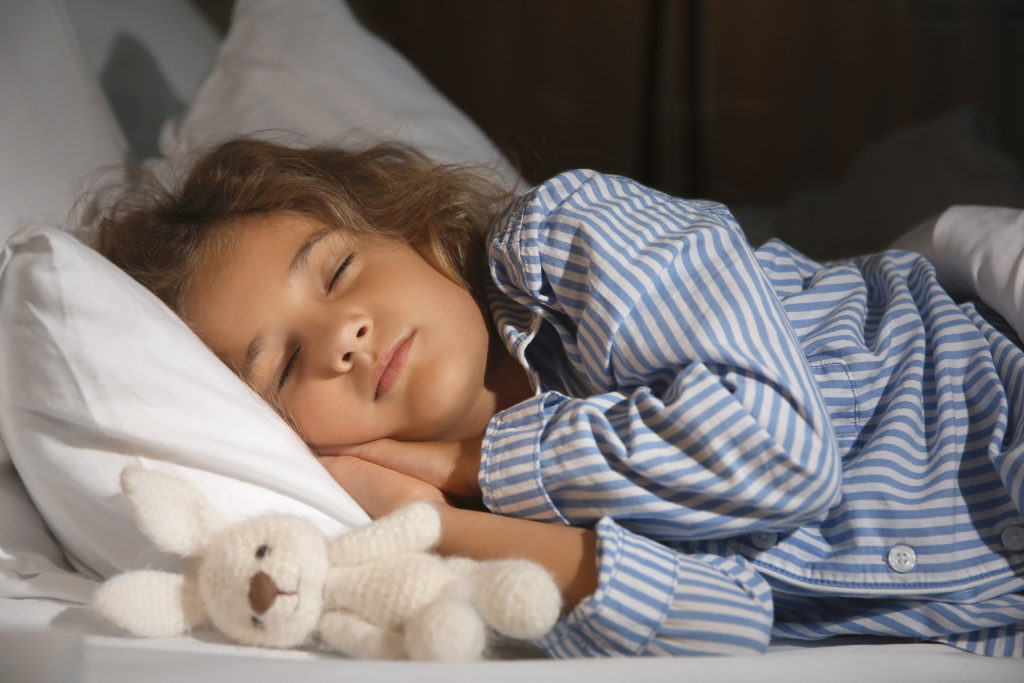Our Blog
12.05.2017
Developmental Communication Milestone Series: Birth To 4 Months
What does communication from birth to 4 months of age look like? During the first few months of life, babies begin to demonstrate the ability to respond to and initiate interactions with those around them. Some of the ways babies attract interactions and pay attention include: looking at people around them, crying, smiling, and clinging

09.28.2017
Dry Needling At MOSAIC Health & Rehab
What is Dry Needling? Dry needling is a form of skilled instrument-assisted manual therapy. By inserting a thin filiform needle into a muscle, pain can be decreased. It can also reduce muscle tension, and improve joint mobility. Dry needling helps “reset“ the muscle by stimulating the nervous system. It also improves blood flow, promotes relaxation,
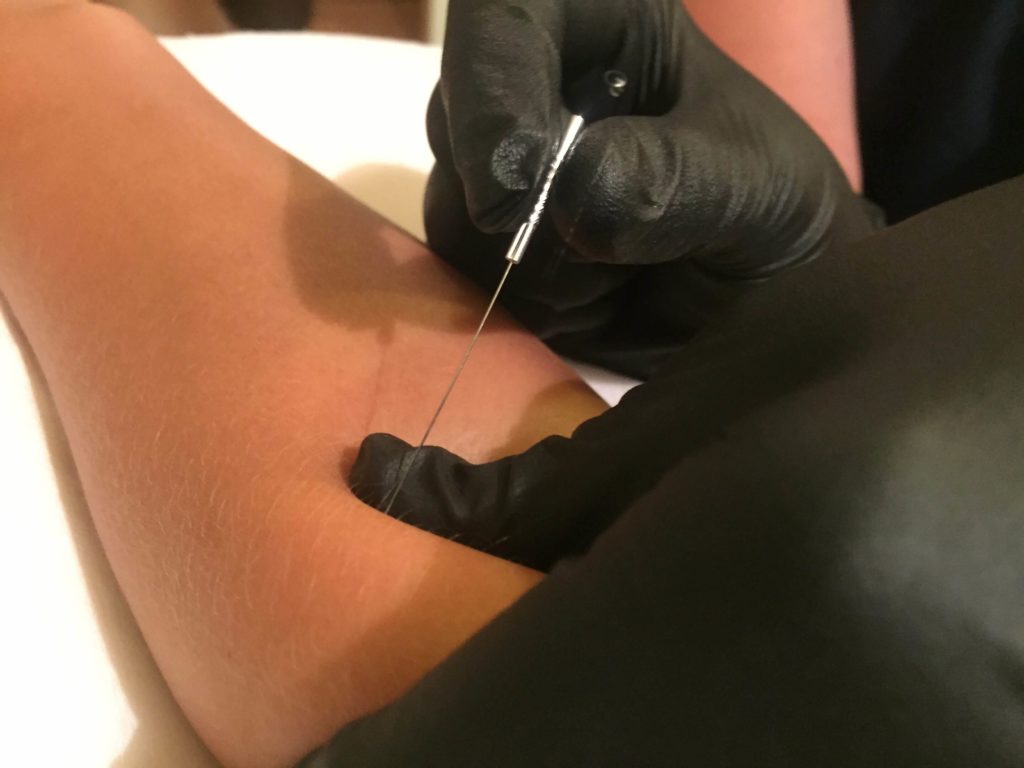
06.07.2017
Mealtime Miseries
MOSAIC Rehabilitation is hosting a 2-day continuing education course on feeding, Mealtime Miseries: Management of Complex Feeding Issues, through the Pediatric Feeding Institute. The course will be held August 18th and 19th at the Holiday Inn Express & Suites in Belgrade, MT. How does feeding, a process so integral to the child’s health and well-being,
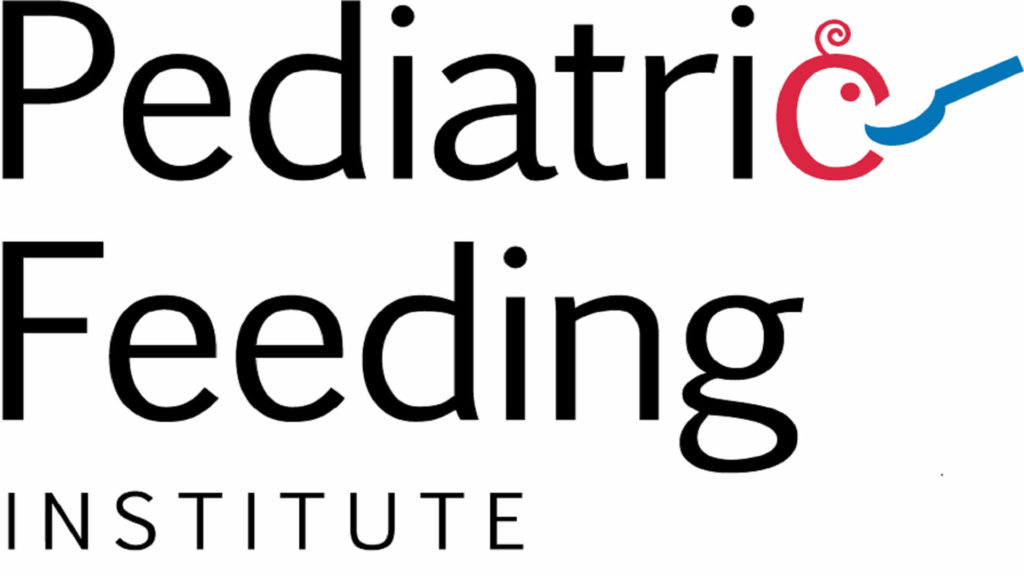
01.17.2018
Vision and Your Baby
Tummy Time and Visual Development There is a wealth of knowledge on tummy time and its importance for motor development and strengthening. Do you how important tummy time is for the visual system, though? If babies do not get enough tummy time, parents may notice delays in crawling, vision development, and other learning disabilities. So,
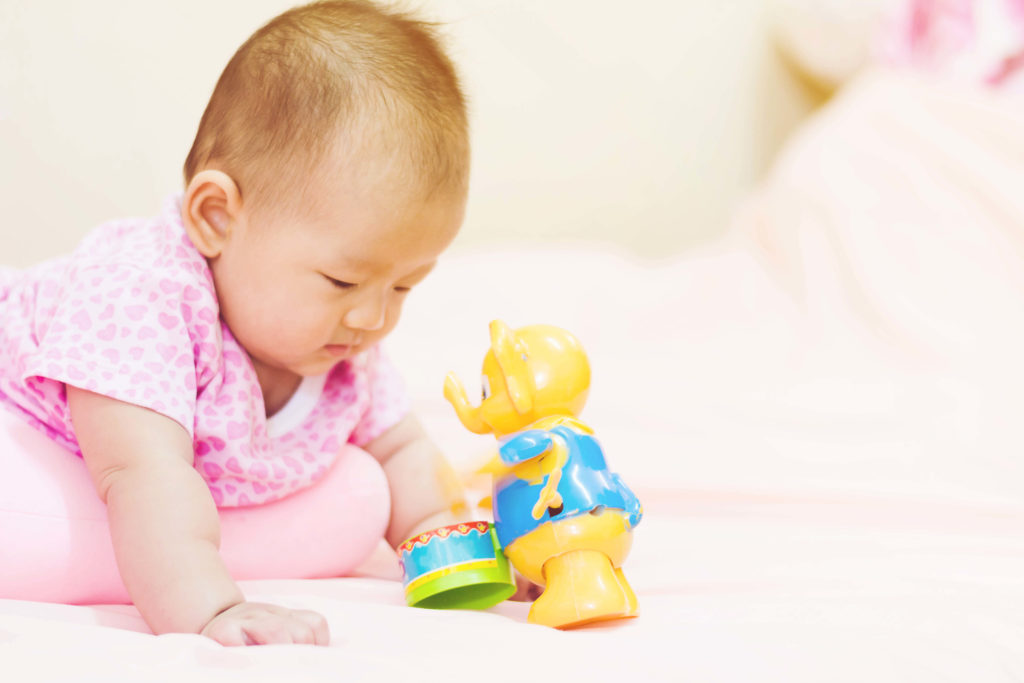
10.03.2017
Gross Motor Milestones: Stairs
The most important thing when thinking about stairs is safety! Make sure you have stairs blocked off so kids can’t get to them when you aren’t watching. The next best thing is to make sure kids learn a safe and age appropriate way to go up and down stairs. Stair training starts with creeping and
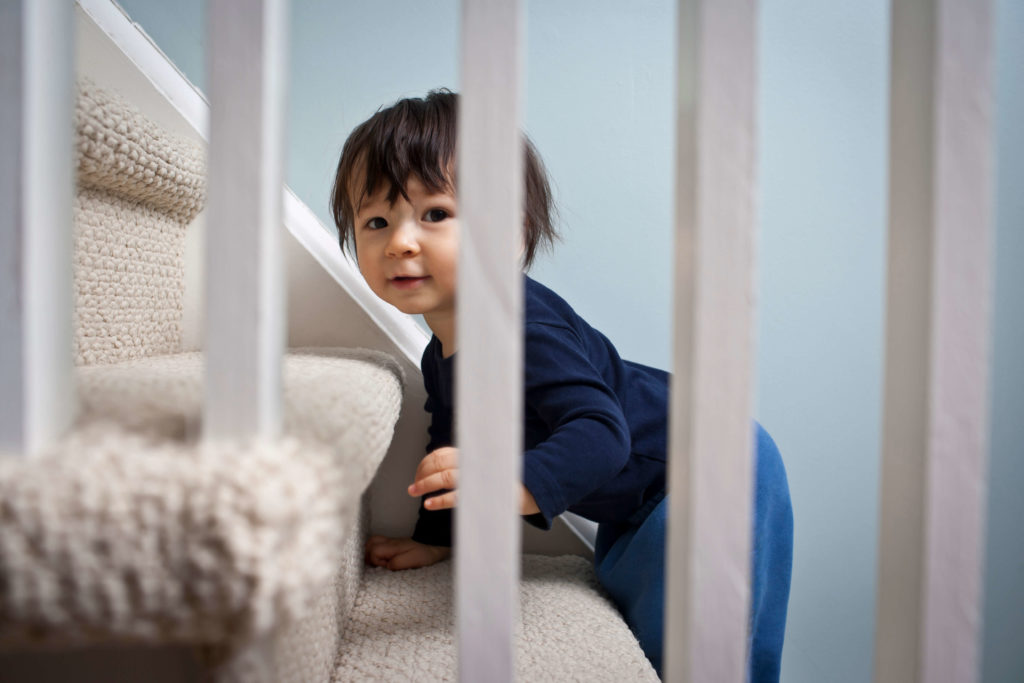
09.18.2017
Sleep and Your Child
The trouble with a child who is missing sleep is that her behavior is confusing. It’s hard to believe that the real culprit behind her temper tantrum is lack of sleep when bedtime is one of your biggest battles, or she loses it simply because you dropped her water bottle. And when she can’t even
